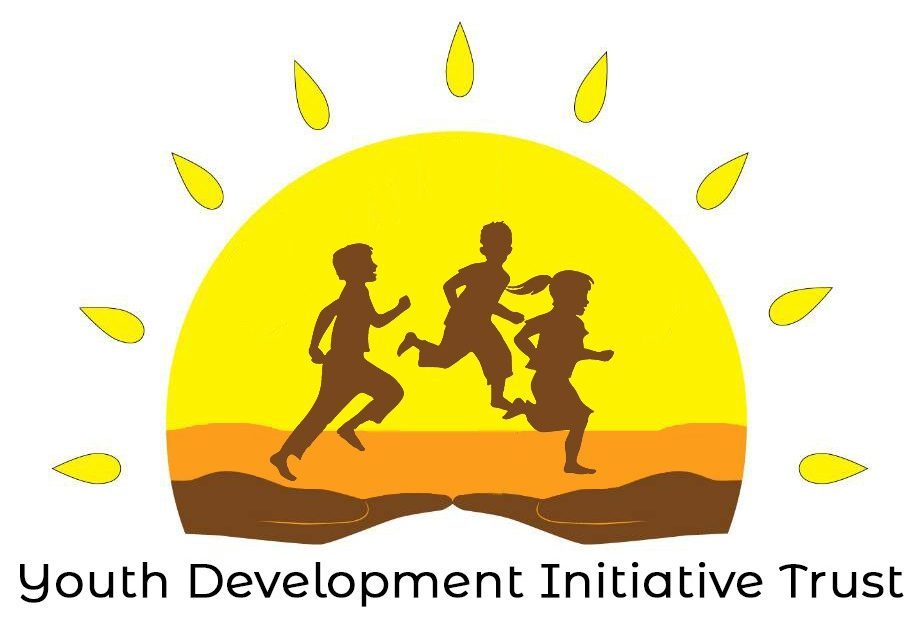UNDB-GEFSGP
UNDP-GEFSGP
Project Objectives
- To train and equip 50 women in Arda Transau with the capacity to meaningfully engage in fish farming by December 2022.
- To develop, support, and sustain fish farms for women in ARDA Transau.
- To rehabilitate degraded areas through gully reclamation, tree planting, and protection of wetlands by August 2022.
-
To forge and facilitate sustainable Market linkages for rural women fish farming.
Staff And Stakeholder Inception Meeting
Our twenty stakeholders were given an introduction to the organization and the project scope in general and how it is supposed to run and empower women in the Arda Transau community. Emphasis was made on how families selected must fit a certain demographic, vulnerability level, and the existence of sustainable water sources. The project goals, activities, and expected outcomes were discussed. The funding partners were revealed and it was pointed out that the project will be in two stages.
The goal of the meeting was attained, recommendations and suggestions were noted down. Every stakeholder present was added to a database so as to get updates on how the project progresses.

Selection Of Beneficiaries

YDIT members visited the households of the potential beneficiaries to verify water sources and project feasibility. YDIT members successfully identified 26 potential beneficiaries. The information of these beneficiaries was taken and all their contact information to make follow-ups where necessary. On the second 18 potential beneficiaries were assessed.
Project Verification By GEF-SGP Members
The budget for the first tranche was explained in detail. It must last up until May 2022 and will cover the first 25 beneficiaries. The project budget is $25 000 for the 1st tranche and it was emphasized that a complete narrative on how it will be spent with the receipts will be required for audit. The budget for the second tranche was explained in detail. Tsitsi Wutawunashe presented on the Global Environment Facility Small Grants Program, the formation of the organization, and its initiative to conserve the environment. The Advisory Committee was selected as the committee member for this project. YDIT members and GEF-SGP members visited some of the beneficiaries’ households to verify the feasibility of the project site.

Training Vulnerable Women ARDA Transau In Fish Farming

Youth Development Initiative Trust (YDIT) and its stakeholders went to Arda Transau for a 2 day training of beneficiaries into semi-intensive fish farming and conservation of natural woodlands and wetlands. The training was based on impacting vast knowledge on beneficiaries regarding how to construct the pond, how to feed the fish, how to maintain, develop fish ponds, gulley reclamation and rehabilitation of wetlands. Mr Kunzekutema from Aqua city clearly explained all the aspects from pond construction up until when the fish is fully grown. He emphasised on the feeding pattern including supplementary feed of chicken manure which is best required for fish because they have rich nutrients which comes from chicken manufactured feed. Ruvimbo from EMA taught beneficiaries on how to conserve the environment. Arda Transau comprises of big gullies formed by soil erosion, unprotected wetlands, and rampant deforestation which is caused by the fact that the inhabitants do not have electricity therefore they cut down trees for firewood. YDIT will liaise with EMA in gulley reclamation, protection of wetlands and afforestration. Mr B Chikoshana from Obelisk also shared knowledge to the beneficiaries on how to use the mobile app Hove Dzedu which will comprise of tutorials on how to feed the fish, signs and symptoms of an ailing fish as well as provide progress tracking and helpdesk function.
Construction And Service Of Fish Ponds
All 50 Beneficiaries were properly trained how to peg, measure and construct a 10x10x1, 5m fish pond which occupy 1500 fingerlings. The pond construction took place at 1 of the beneficiaries household who is a widow living with her grandson. All beneficiaries happily participated in the demonstration of the pond construction. Beneficiaries were encouraged to plant lawn grass on the edges of the dam walls to prevent soil erosion and also to site vegetable gardens near the fish ponds, so as to water plants from fish pond water outlets.25 beneficiaries in the first batch were given 1500 tilapia fingerlings each to put in their ponds.













